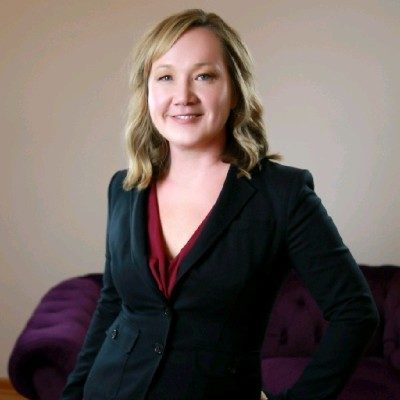Energy efficiency for all – the opportunity ahead


While I officially started working at SEEA on April 26, I have had the pleasure of working with SEEA staff and board members for more than ten years. The team’s dedication to realizing a more energy efficient Southeast that benefits all people has long inspired my curiosity and pushed me to expand how I view energy efficiency solutions. The team has consistently worked to understand the utility landscape and bring together leaders, advocates, and businesses to address the region’s most complex energy problems.
I sometimes hear the argument that energy efficiency is no longer relevant, that all the proverbial sockets have been plugged. However, energy efficiency is an evolving set of solutions that can offset the impact of a warming climate and I believe we are far from maximizing its many benefits. In Atlanta, the median energy cost burden is 32% higher for Black households and 52% higher for Hispanic households compared to white households. Energy efficiency lifts people out of poverty and contributes to a thriving, equitable economy in the Southeast. It is our single greatest resource in addressing the effects of climate change and the disproportionate energy burden costs for low-income and non-white households.
Our region’s health and housing issues can be mitigated through energy efficiency. Energy insecurity affects 35% of all homes in the South, and 7.5 million households have received utility disconnection or stop service notices. Residents in energy insecure homes, particularly children, are at higher risk for chronic illnesses like asthma that can be made worse by pests, moisture, and thermal distress. Lack of access to healthy, affordable homes is rooted in racist housing segregation and voter disenfranchisement, which still shape the region’s energy and housing sectors. Weatherization programs, along with updated energy codes for new construction as well as existing buildings keeps housing affordable, safe, and healthy for all communities, regardless of income.
Energy efficient transportation is also a powerful resource in combating the harmful effects of vehicle pollution. It reduces the outsized impact of poor air quality on low-income communities and communities of color. To counteract the historic inequities in transportation infrastructure, everyone must be included in the decision-making process to find ways for the energy and transportation sectors to create more affordable and accessible mobility options. Through education, collaboration, and promoting a diverse array of perspectives we can create wide-reaching policy that benefits all people who live in the Southeast.
Energy has become a necessary requirement of our modern lives. The fear of being without energy services keeps many people up at night, whether it is families struggling to keep the heat on or braving the hot summer without air conditioning to cover food and medication costs. This fear was a reality of my childhood. It drives me to eliminate that worry for future generations and ensure that all residents in the Southeast live, work, and play in healthy, affordable, resilient buildings.
We are fortunate to be entering an unprecedented time to improve our infrastructure through strategic investments in energy efficient housing and transportation, expanding manufacturing, and creating a more diverse workforce. This investment marks a new era in American history, an opportunity to build systems that provide more wealth, better health, and stronger communities for all of us. Here in the Southeast, we have the greatest opportunity for growth and expansion in the country. I am personally inspired and eager to embark on this journey with the team at SEEA. Their passion, commitment to SEEA’s mission, and deep well of knowledge energizes me and gives me the determination to seek out new partners, better solutions, and a more prosperous South for all.

